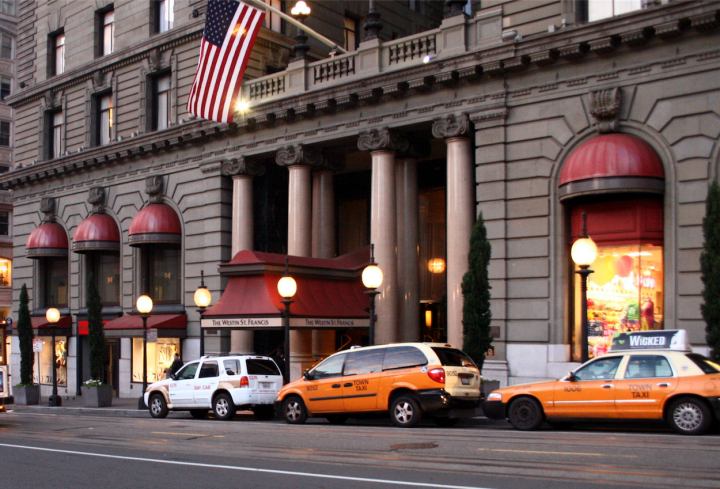
According to the hospitality giant, the malware was designed to steal “cardholder names, credit card numbers, security codes, and expiration dates,” but added that “there is no evidence that other customer information, such as contact information or PINs, were affected by this issue.”
As per a recent press release, Starwood Hotels says that the data breach was centered around “certain restaurants, gift shops and other point-of-sale systems at the relevant Starwood properties,” but that reservation and Starwood Preferred Guest membership systems seem safe from the breach.
“Protecting our customers’ information is critically important to Starwood and we take this issue extremely seriously,” said Sergio Rivera, Starwood President of the Americas region. Noting that the firm has taken “prompt action to determine the facts,” Starwood is assuring customers that its hotels have since “implemented additional security measures to help prevent this type of crime from reoccurring.”
As compensation, the hotel chain is offering affected customers a year of AllClear ID to provide identity protection and credit monitoring services, free of charge.
These sorts of incidents are becoming increasingly commonplace, with such large corporations as Target, the Home Depot, and Oracle recently falling victim to cyber attacks. Indeed, it seems that no sector is safe from hackers — in addition to large retailers, insurance companies and even the U.S. government has been affected by malware.
Should you believe that you may have been affected by this Starwood breach, the company encourages you to “immediately contact [your] bank or card issuer.” More information can be found on Starwood’s website.


